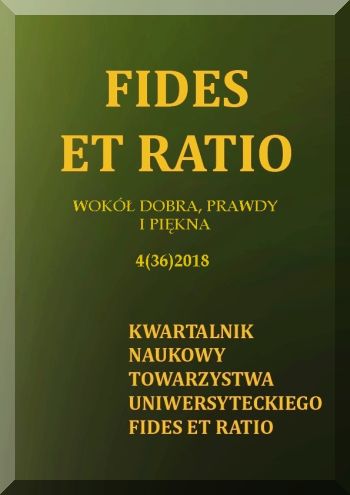Abstract
A family is a specific societal creation, being an organizational phenomenon, overshadowing any other organized and formalized structures in that regard. Modern examinations of a family are increasingly more interested in approaching it in a systemic manner. In such a scenario, a family is an organized whole that consists of a number of parts, while at the same time not being a simple sum thereof. The familial system incorporates a number of subsystems, among which there are: marital, parental, and sibling-oriented subsystems. They affect each other and a notable change occurring in even one of them may affect the other ones. When it comes to such a model of family perception, the analogy to a living organism is frequently being opted for.
All events happening all over the world require flexibility for people to be able to adjust to them, as well as integration and assimilation. There is also the need to change the mode of thinking and the way of perceiving the world. The systemic approach seems to be a reasonable answer to the aforementioned challenge, which is a specific scientific paradigm. Many researchers are of the opinion that it is a way of seeing the world, describing it, and noticing its systemic aspects.
